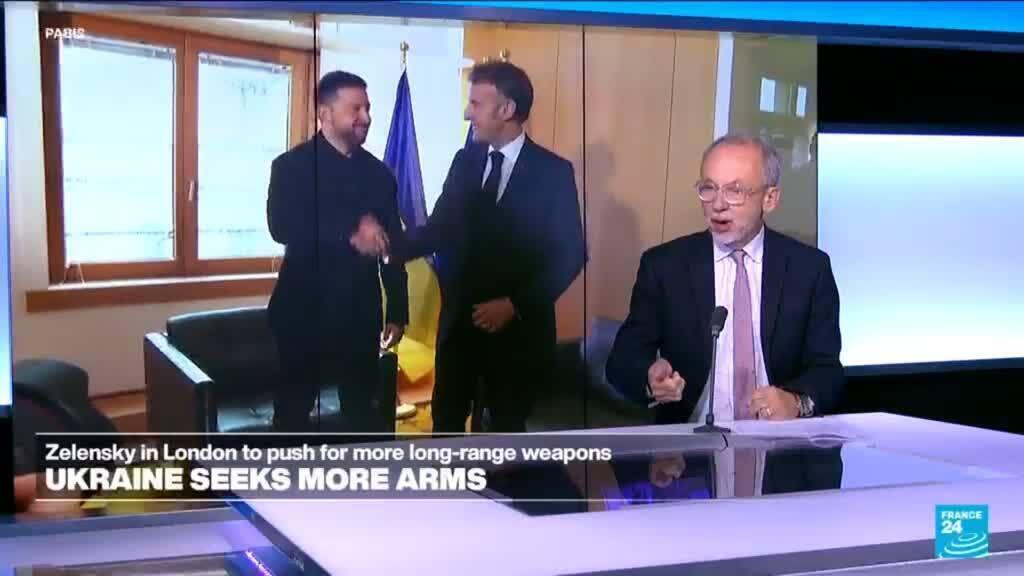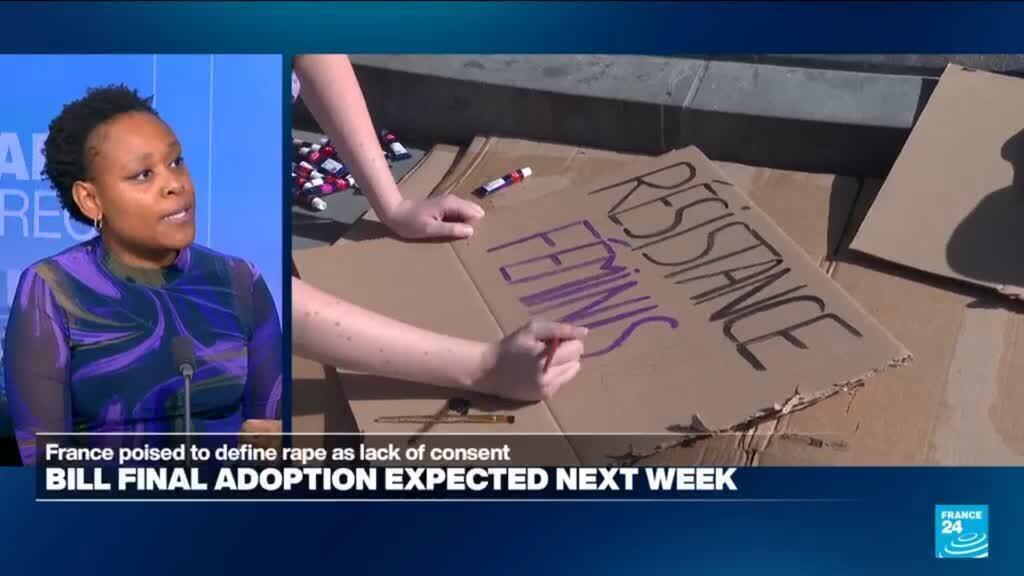The European Union's €140 billion loan intended for Ukraine has encountered significant setbacks, primarily due to resistance from Belgian Prime Minister Bart De Wever. The prime minister has raised concerns regarding the proposal to utilize frozen Russian assets to finance this loan. Belgium, hosting the majority of these frozen assets, has warned that such a move could introduce substantial financial and legal risks. This stance has effectively stalled the EU's efforts to mobilize the necessary funds for Ukraine amidst ongoing challenges arising from the conflict with Russia.
During a recent summit held in Brussels, leaders of EU member states softened their rhetoric concerning the financial support for Ukraine. This shift in language signifies a delay in reaching a consensus on how to proceed with the loan, potentially pushing any decision back by at least two additional months. This development has sparked fresh doubts about the bloc's long-term commitment to providing support for Ukraine, a country grappling with the repercussions of ongoing hostilities.
As discussions continue to unfold, the Coalition of the Willing, a group of nations committed to supporting Ukraine, is set to convene in London on Friday. This meeting is expected to focus on exploring further avenues for aiding Ukraine, especially in light of the stalled EU loan. The upcoming discussions may reveal varying perspectives among the member states regarding the most effective strategies to assist Ukraine during this critical juncture.
The implications of Belgium's position are significant, as it highlights the complexities tied to the issue of frozen Russian assets. Many EU countries are keen on utilizing these assets as a solution to fund Ukraine's needs, but concerns from nations like Belgium indicate that this approach may encounter hurdles. Legal ramifications, the potential for retaliatory actions from Russia, and the risk of undermining international financial protocols are all factors that leaders must consider as they deliberate on the best course of action.
Furthermore, the softened tone from EU leaders may reflect an increasing hesitation to take bold steps without unanimous agreement, particularly when significant legal and financial consequences could arise from any decisions made. This cautious approach demonstrates the challenges of maintaining solidarity within the bloc while addressing the urgency of support for Ukraine.
The situation warrants careful scrutiny as the Coalition of the Willing meets in London. Nations involved in this coalition may push for alternative solutions that could circumvent the complexities posed by the frozen assets, thereby presenting a united front in favor of supporting Ukraine. However, the outcomes of these discussions remain to be seen, as the collective will of the member states could either bolster or further complicate the ongoing political landscape surrounding Ukraine's recovery efforts.
In conclusion, the EU's stalled loan for Ukraine reflects a broader tension within the bloc regarding financial commitment and strategic response to the ongoing crisis. With key player Belgium expressing reservations and the upcoming London meeting on the horizon, the commitment of EU countries to rally behind Ukraine's needs continues to be tested.












